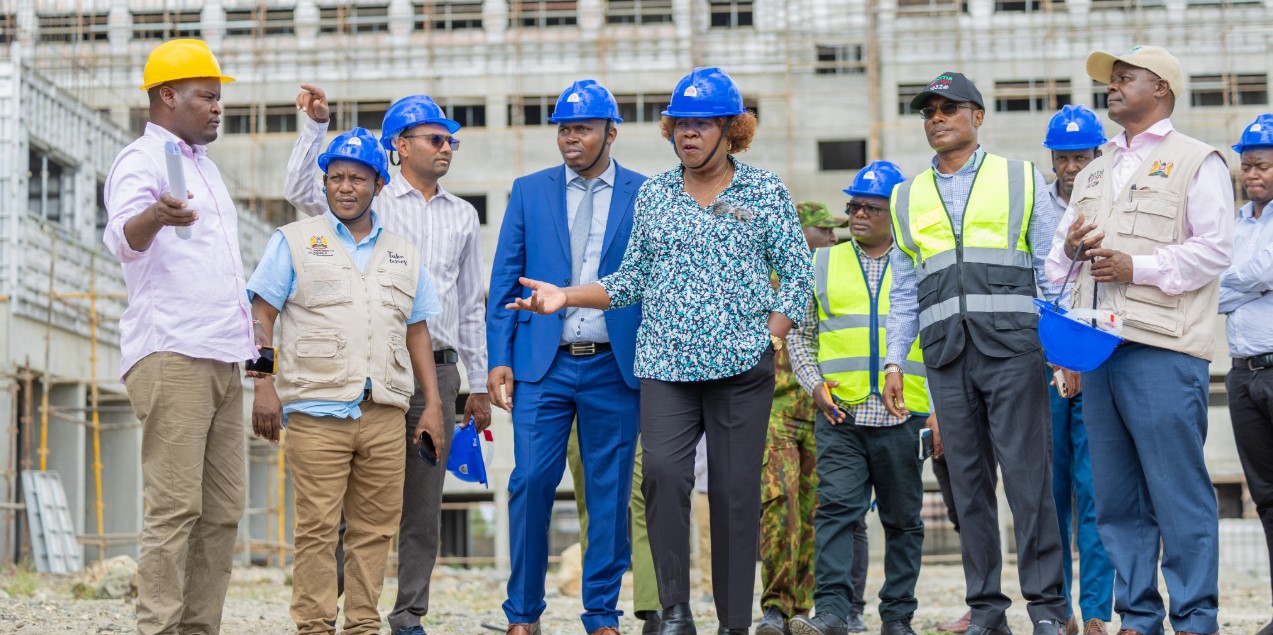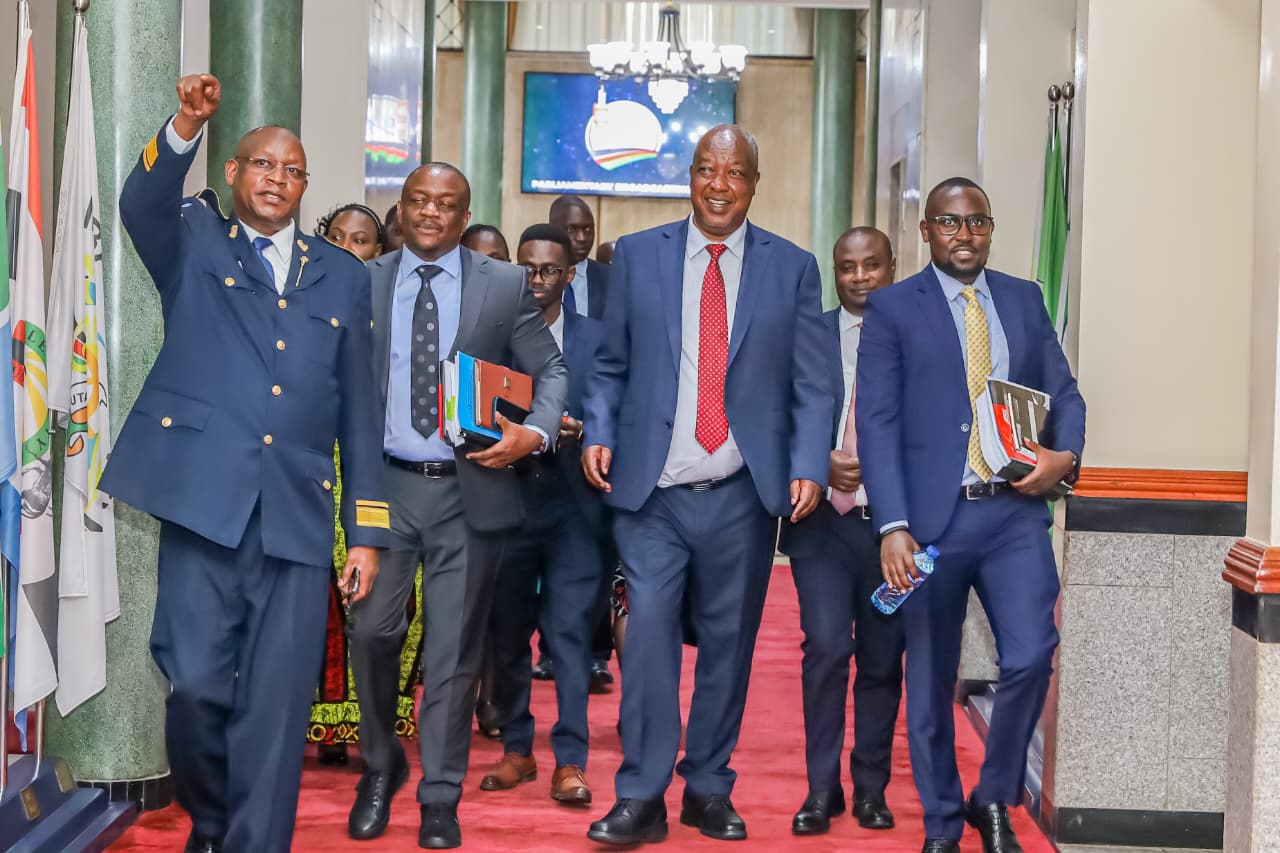Government on the spot over low housing funds absorption amid construction levy deliberations

PS Hinga attributed the meagre 25 per cent absorption rate to delays in the disbursement of funds by the Affordable Housing Board.
The State Department for Housing and Urban Development (SDHUD) has disclosed that it only absorbed Sh21 billion out of the approved Sh85 billion as of December 31, 2024.
Speaking before the National Assembly's Committee on Housing, Urban Planning and Public Works on Thursday, the State Department's PS Charles Hinga attributed the meagre 25 per cent absorption rate to delays in the disbursement of funds by the Affordable Housing Board.
More To Read
- Parliament seeks Controller of Budget control of Sh63 billion Housing Levy to curb misuse
- PS Hinga defends Makongeni demolitions, says majority of tenants were paid Sh150,000
- Law Society of Kenya demands immediate halt to Makongeni demolitions over lack of compensation
- Only 54 of 540 acres properly titled for affordable housing, governors warn
- Sh73.2 billion raised for Affordable Housing in 2025, only 1,795 units delivered
- Makongeni residents protest planned demolitions under affordable housing project
"The delayed disbursement of funds as a result of lengthy consultations between the National Treasury and the Central Bank of Kenya has significantly hampered the progress of the Affordable Housing Programme. We are working closely with all relevant stakeholders to ensure funds are availed in a timely manner," Hinga stated.
The Committee meeting was part of discussions on the 2025/26 Budget Policy Statement (BPS). Chaired by Hon. Johanna Ng'eno, the Committee further raised concerns over the utilisation of accrued interest from funds invested in Treasury Bills and proceeds from the Boma Yangu housing initiative
On his part, PS Hinga assured the legislators that the Boma Yangu funds remain secure and that contributors' savings are converted into deposits once they select housing units.
 State Department for Housing and Urban Development PS Charles Hinga. (Photo: X/Charles Hinga)
State Department for Housing and Urban Development PS Charles Hinga. (Photo: X/Charles Hinga)
He further noted that prolonged procurement procedures have affected the timely rollout of projects.
"While we acknowledge the concerns about project delays, it is important to understand that procurement processes must adhere to legal frameworks. We are, however, working to streamline these processes," he said.
Another challenge cited was the late enactment of the County Government Additional Allocation (CGAA) Bill, which has slowed the release of conditional grants to counties.
"This delay has impacted the Second Kenya Informal Settlement Improvement Project and the Kenya Urban Support Programme (KUSP II) with funds meant to upgrade urban settlements and infrastructure in counties remaining in limbo," he said.
Additionally, the National Construction Authority (NCA) sought legislative backing for the reinstatement of the Construction Levy under Section 31 of the NCA Act.
Managing Director Eng. Maurice Sketch argued that repealing Legal Notice No. 24 of 2017 would help reduce reliance on the national exchequer.
"Reintroducing the Construction Levy will provide the Authority with the financial independence necessary to oversee the construction sector effectively," Sketch emphasized.
In response to the myriad financial challenges faced by the housing and public works sectors, the Committee resolved to engage the Cabinet Secretary for Lands, Public Works, Housing, and Urban Development Alice Wahome.
Top Stories Today










































